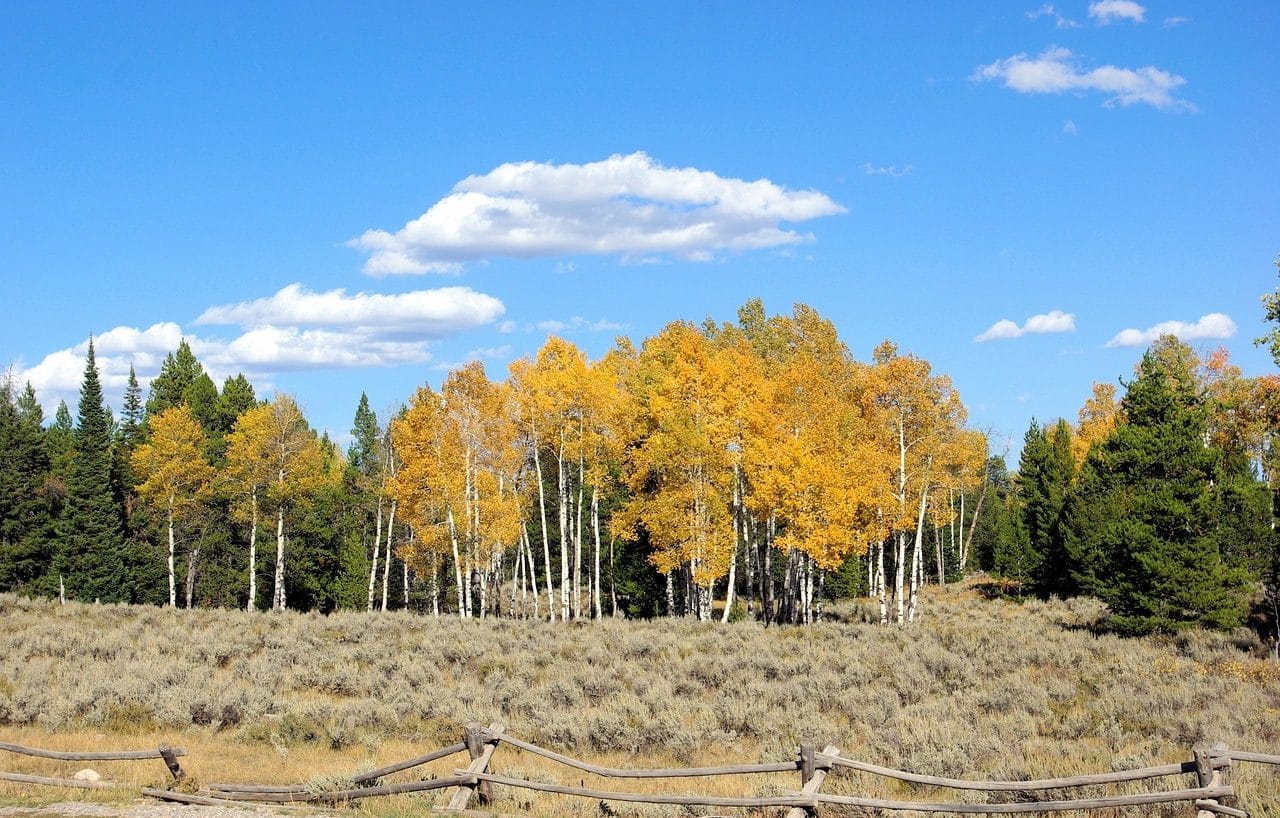
A poplar is a tree of the Salicaceae family.
The poplar is a tree that is part of the Salicaceae family group. With this name, about forty different species are known that belong to the genus Populus .
Originally from the Northern Hemisphere , poplars were brought to the Southern Hemisphere where they also established themselves successfully. They can reach a significant height in a short period of time and are notable for their water resistance capacity.
Characteristics of poplars
The poplar has simple leaves with scales on their buds. Its capsule-like fruits turn from green to brownish as they mature. Due to their characteristics, poplars are often used to decorate and provide shade on paths known as alamedas . In the Spanish city of Malaga , for example, one of its most important avenues is called Alameda Principal .
Poplar wood , on the other hand, is widely used for its quality and the rapid growth of the tree . Pieces of furniture, boards and props are often built with this wood.
Populus nigra ( black poplar ), Populus x canadensis ( Canadian poplar ), Populus Alba ( white poplar ), Populus tremula ( aspen ), and Populus euphratica ( Euphrates poplar ) are some of the poplar species that can be found in different countries .

Poplars are native to the Northern Hemisphere.
Medicinal properties
Human beings have been taking advantage of the medicinal properties of poplar for several centuries, and to do so they use its leaves, buds and bark in various preparations that can help us treat a large number of disorders , without the interference of chemicals of industrial origin.
Let's see below some of the health problems for which poplar is very beneficial, along with certain indications about the most recommended method of application:
- Swollen throat : thanks to the anti-inflammatory and expectorant properties of poplar, we can use its buds or buds to treat an inflamed throat, dry cough or bronchitis. It is also used to improve the symptoms of asthmatics.
- Headache : in the buds of this tree there is a substance known as salicylin , which is transformed into salicylic acid once it reaches our liver and which acts like a naturally occurring aspirin , ideal for treating headaches without any contraindication.
- Superficial skin wounds : when faced with a small cut, an infusion of poplar can be ideal to accelerate the healing process. It is prepared using around 40 grams of yolk per liter of water, and it also serves to disinfect the wound and reduce itching.
- Kidney stones : one of the most obvious signs of this problem is pain, which is why the action of poplar is very suitable, both for dissolving the stones and for relieving discomfort. The key to this disorder is an excessive amount of uric acid in the body, something it shares with gout and arthritis,
- Cystitis : among the properties of poplar is its powerful diuretic action, which becomes more than adequate to combat this annoying disease. Cystitis can become chronic, and that is why it is necessary to act as soon as it occurs. The part of the tree that interests us in this case is the bud .
Alamo as a name
Álamo is also the name of towns in Nuevo León and Veracruz in Mexico and of cities in Texas , California , New Mexico , Tennessee , Nevada , Georgia and California in the United States .
In Texas , there is also a religious fortification known as The Alamo , which Fray Antonio de Olivares founded. From this construction the town of San Antonio began to develop.
The Alamodome , finally, is a stadium that, between 1993 and 2002 , was used by the San Antonio Spurs in the NBA .
